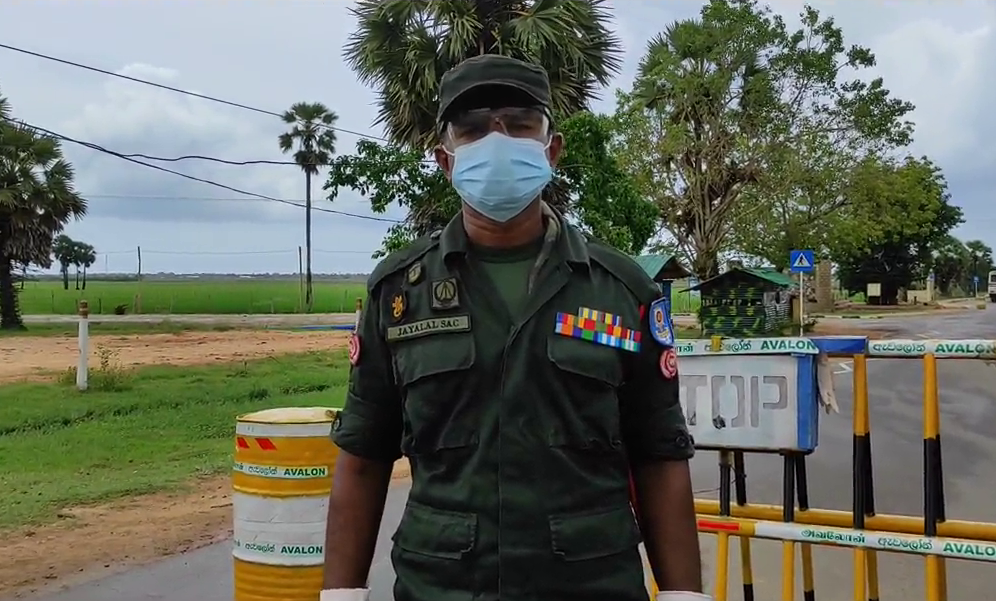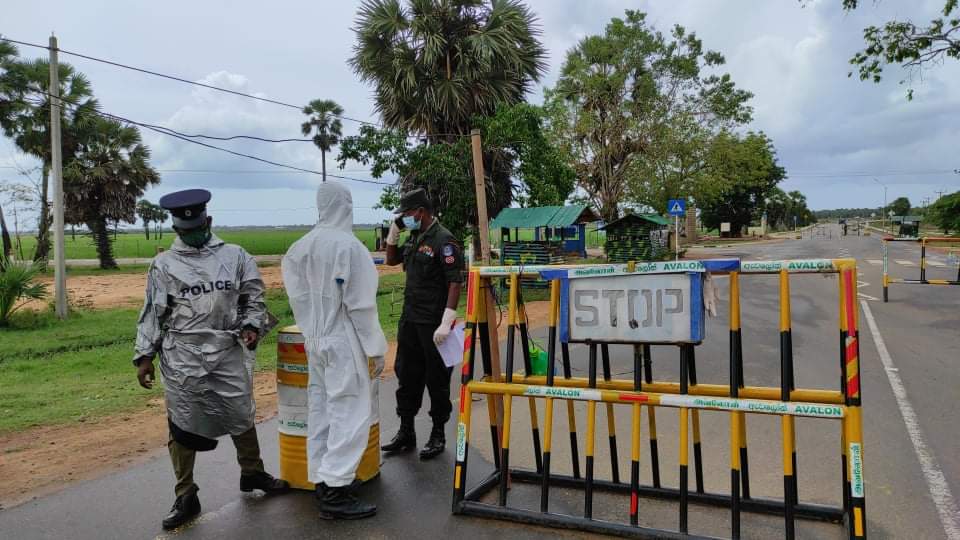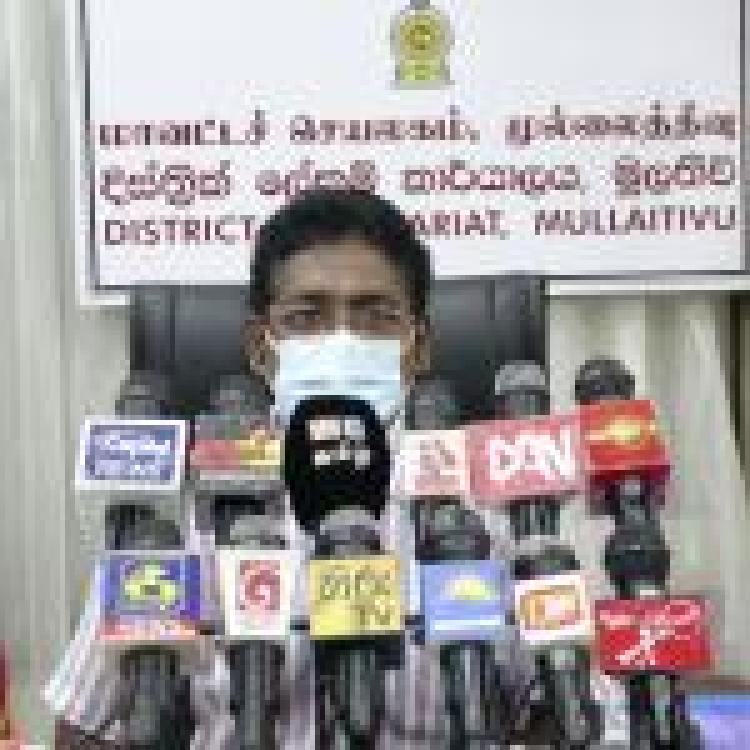
Tamil journalists travelling to Mullaitivu have repeatedly been harassed, intimidated and blocked at checkpoints by Sri Lankan military officers, despite presenting travel permits.
Incidents of harassment and intimidation have escalated in the last couple of days as travel restrictions and a military-led lockdown was imposed across the Tamil homeland, in response to the rising COVID-19 cases.
As a result, despite being issued with travel permits, there has been an increase in essential workers such as journalists being harassed and stopped by Sri Lankan military officers at checkpoints.
In particular, journalists heading to the Mullaitivu town area have been detained at the third block checkpoint and being sent back despite trying to do their job and getting police permission to travel.
A journalist who went to report on Thursday about the current situation was detained at a check post in Mullaitivu. The soldier refused to allow the journalist to travel to Mullaitivu despite saying that he was going to report on a story as per the request of the District Secretariat. Even after clearly identifying himself as a journalist to the Mulliyawalai police, the soldier refused the journalist to pass through.
Another journalist who went to Mullaitivu this morning to cover the curfew has been detained and told to return by the military present at the checkpoints.

A journalist travelling to Mullaitivu was also detained by the military and intimidated for travelling despite stating that he was told he was permitted to travel by the Officer-in-charge (OIC) at Mulliyawalai police station. The journalist was harassed and repeatedly threatened until the Mulliyawalai police station OIC called to confirm that the journalist was permitted to travel for work.
Over the last few days, the presence of Sri Lankan army and police has increased across districts such as Jaffna, Vavuniya, Mannar and Mullaitivu under the guise of COVID-19 health guidelines. This has resulted in increased incidents of intimidation and harassment of locals, with many civil societies expressing concerns that this is a consequence of the expanded military presence across the Tamil homeland.


